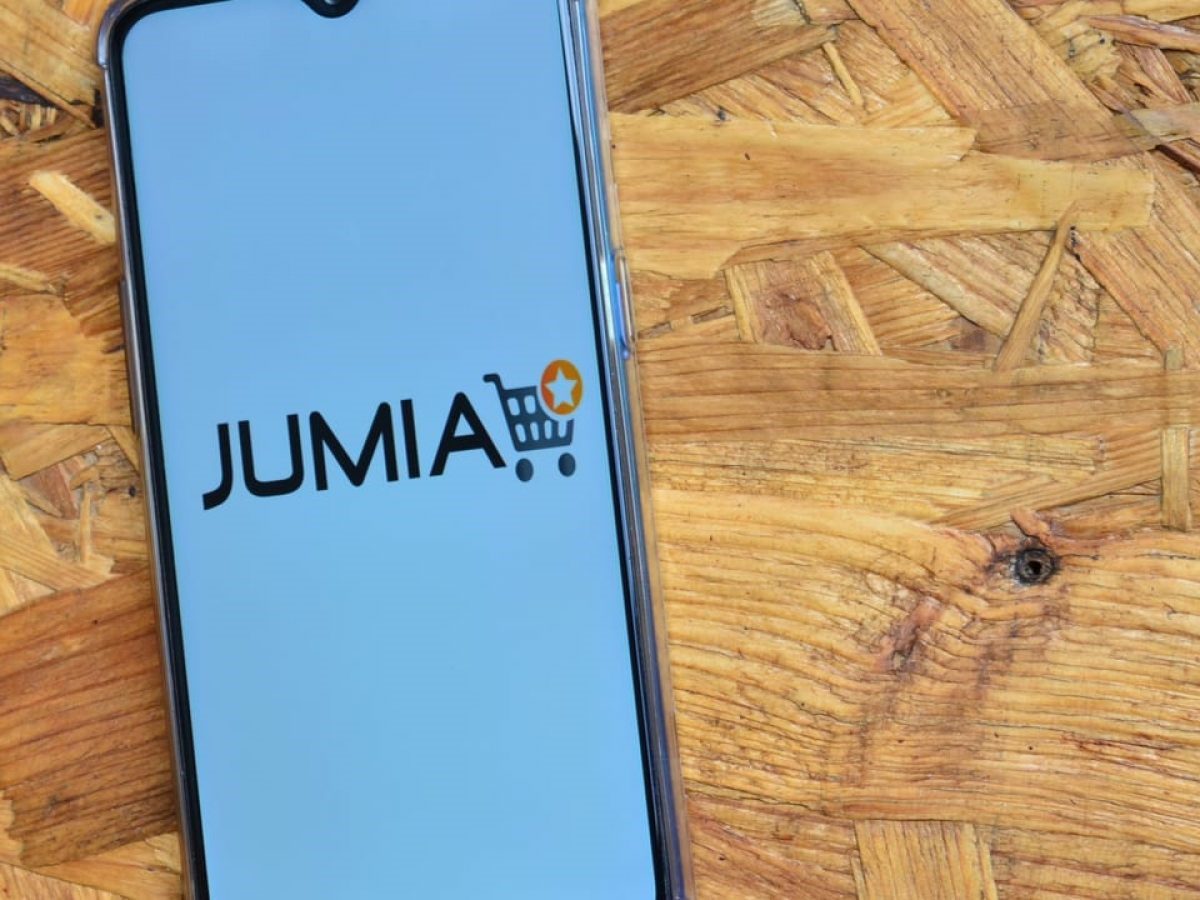The age of e-commerce is interesting enough when you find out which African countries shop online the most. Different countries have different levels of online purchasing, according to an analysis of e-commerce trends.
A huge takeaway from all this is that countries with a developed digital landscape and strong, widespread internet connection have more online shoppers. An improved digital landscape contributes to a growing middle class which the global e-commerce industry largely depends on. See Africa Today brings you the top African nations that have embraced shopping online.
Table of Contents
What is the Biggest Online Shopping in Africa?
Jumia is the largest online marketplace in Africa based on monthly visits. This pan-African network, operates in several African countries such as Nigeria, Egypt, Morocco, and Kenya. It boasts about 23 million monthly visits. Takealot, a formidable competitor based in South Africa comes in second with about 10 million visits every month. Its audience is mainly domestic. Further, the third-biggest e-commerce site in Africa is Amazon.eg, or Souq. It was once a massive Middle Eastern company that Amazon bought and now operates in Egypt. Approximately 10 million people visit it each month.

E-commerce in Africa is a growing trend and more popular in Nigeria, South Africa and Kenya. Photo/Business Africa Online
Which African Countries Shop Online the Most?
E-commerce has grown remarkably throughout Africa with some countries leading the way in the adoption of online purchasing. The following six nations form the core of which African countries shop online the most.
1. Nigeria
Nigeria leads in online shopping in Africa thanks to its sizable population and rising internet coverage. E-commerce activities have surged due to an increasing middle class and lively urban hubs. Sites like Jumia and Konga have benefited from this growing industry by providing a large selection of goods and practical payment methods like mobile money and cash on delivery. Nigeria’s e-commerce industry is growing quickly despite obstacles such as security issues and infrastructural constraints. This growth is being driven by growing customer confidence and a move toward digital transactions.
2. South Africa
The e-commerce industry in South Africa is well-established, with a high degree of internet connectivity and extensive availability of digital payment options. A tech-savvy populace and a properly established retail sector make online buying more and more common among many groups. Large online merchants with extensive product selections and effective shipping services, such as Takealot and Superbalist, hold a dominant position in the market.

South Africa e-commerce app, Takealot. Photo/Memeburn
In addition, South Africa’s strong regulatory structure and consumer protection legislation, which guarantee online shoppers a safe and secure buying environment further aids the development of e-commerce.
3. Kenya
Kenya perfectly answers which African countries shop online the most. This East African country is a pioneer in the region when it comes to mobile commerce thanks to its cutting-edge M-Pesa mobile payment system. Kenya’s technologically savvy populace has accepted online shopping as a practical means of obtaining goods and services.

Jumia. Photo/People Daily
Moreover, its increasing internet penetration has allowed platforms such as Jumia, Kilimall, and Masoko to thrive by providing seamless and competitive shopping experiences. Subsequently, Kenya’s e-commerce industry is thriving due to the government’s aggressive approach to digital innovation and entrepreneurship.
4. Morocco
Moving on to North Africa, Morocco has had a notable rise in e-commerce due to growing middle class and internet penetration. E-commerce sites with a broad selection of goods, ranging from electronics to clothing, such as Jumia, Avito, and Hmall, are more popular in the Moroccan market. A growing consumer inclination for online buying continues to support this sector.
5. Egypt
Egypt’s online shopping scene is a reflection of a major shift towards digitization, driven by a youthful and technologically aware populace. Online stores with a wide selection of products and a simple shopping experience, such Souq, Jumia, and Noon, are gaining popularity. Further, access to smartphones and legislative support by the government to bolster the e-commerce industry contributes to this growing industry.
6. Ghana
A burgeoning middle class and rising internet connectivity define Ghana’s e-commerce landscape. Increasingly popular online marketplaces such as Jumia, Zoobashop, and Tonaton provide a variety of goods, from groceries to gadgets. Albeit the fact that Ghana makes it on the list of which African countries shop online the most; there is still so much room for growth in this sector.
Which is the Largest Online Marketplaces in Africa?
Jumia is without a doubt the best online marketplace in Africa. With a presence in nations in East, West, and North Africa, it conducts business throughout the continent. Compared to rivals that have a more regional focus, Jumia serves a larger customer base because of its extensive geographic reach. It surpasses other significant e-commerce platforms such as Takealot (South Africa) and the now-defunct Amazon.eg (previously Souq) in Egypt, with an estimated 10 million monthly visits, each.
Additionally, Jumia is aware of how common mobile phone use is throughout Africa and it has made its platform is mobile-friendly allowing people to shop conveniently and easily online. Lastly, it has an extensive product selection that suits a range of consumer needs and price points, from electronics and fashion to groceries and home items.
Conclusion
In conclusion, technological developments have shaped the e-commerce landscape in Nigeria, South Africa, Kenya, Morocco, Egypt, and Ghana. Also, a growing middle class is fueling e-commerce growth.








